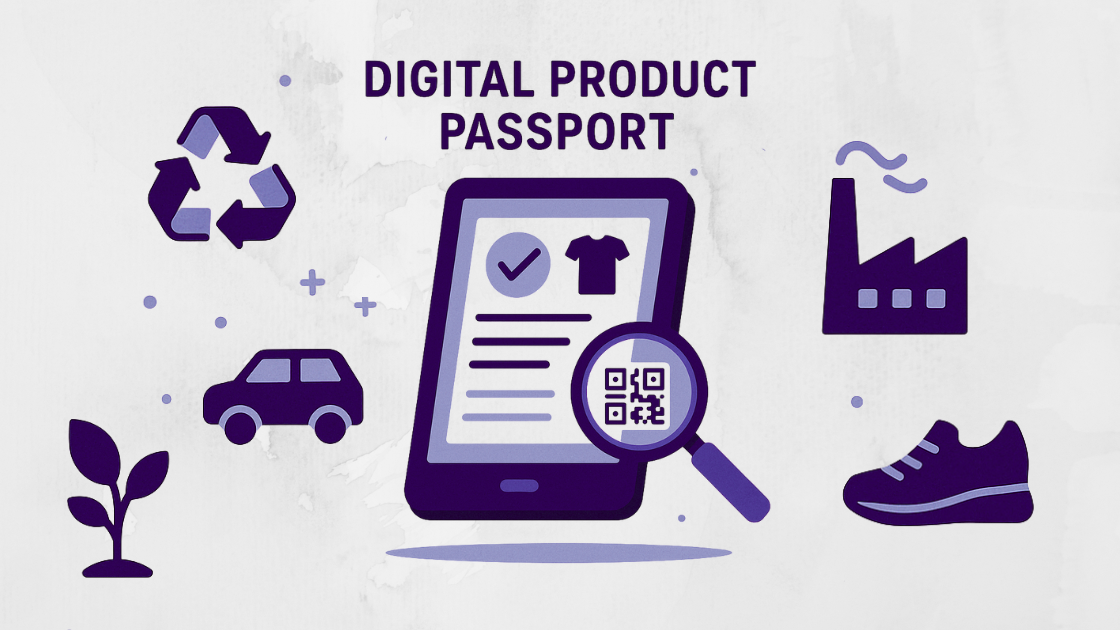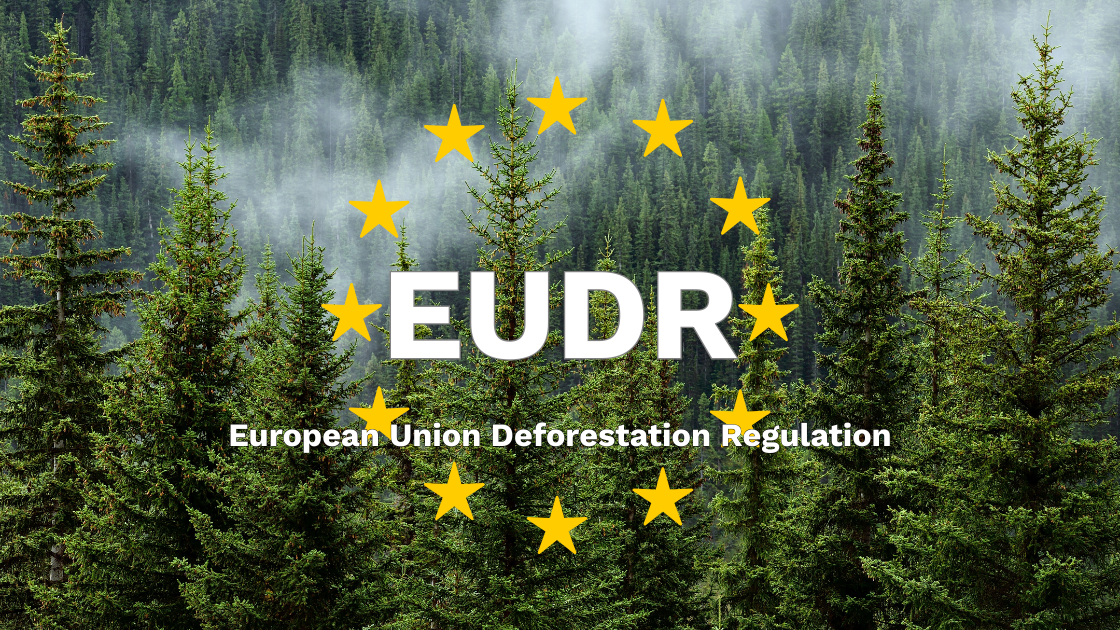Navigating a sustainable future, what SMEs need to do
Sustainability is gaining momentum in the business world and SMEs find themselves at a crossroads. While SMEs are not directly regulated, the mounting pressure from large clients, driven by frameworks like the Corporate Sustainability Reporting Directive (CSRD) and Task Force on Climate-related Financial Disclosures (TCFD), is starting to force them to reevaluate their business. SMEs should make a start with ESG.

Here we explore some concrete steps for SMEs, emphasising the strategic importance of embracing sustainability for long-term viability.
- Strategic cost-efficiency: SMEs often hesitate due to perceived high costs. However, sustainability can be a strategic cost-efficiency move. Implementing energy-efficient measures, waste reduction, and eco-friendly practices not only align with client expectations but also contribute to long-term operational savings.
- Communication: Transparent communication is essential. SMEs should proactively communicate their ESG efforts with stakeholders. This also aligns with the expectations of large clients and reinforces their brand. Customers and other stakeholders favour businesses that objectively demonstrate ESG commitment.
- Strategic value in sustainability: The strategic value of sustainability cannot be overstated. Large clients, bound by stringent regulatory frameworks, are moving towards sustainable business partners. SMEs that align with these expectations position themselves as strategic partners, enhancing their competitiveness and future market access.
- Higher multiples: Businesses with solid ESG and sustainability credentials will command higher valuation multiples. This will enhance the enterprise value of the business significantly. It is likely that the multiple enhancement more than compensates the investment in an ESG program.

3 reasons for SMEs to start now:
- Client-driven pressures: While SMEs themselves are not directly regulated, the cascading effect from large clients is undeniable. With clients having to comply with CSRD and TCFD, SMEs are compelled to align their practices to maintain business relationships.
- Competitive Edge: Embracing ESG is not merely a compliance task; it's a strategic move for a competitive edge. Not just for the SMEs under client driven pressures. All businesses that prioritise ESG stand out in the market and enhance their brand and reputation. Stakeholder assessment consolidates these relationships. This supports not only customer acquisition but all elements of the business like staffing, risk and financial control of the business. The holistic long-term value of ESG and eco-conscious business practices is significant.
- Future-proofing business: Sustainability is not a passing trend; it's a fundamental shift shaping the business landscape. SMEs that invest in sustainable practices within an objective ESG framework future-proof their business. This ensures resilience against climate change, regulatory changes, market shifts, and evolving stakeholder expectations.
Communication is key:
- Internal education and alignment: Align the internal team with the strategic importance of sustainability. Conduct internal programs to emphasise the long-term benefits, fostering a culture that embraces eco-friendly practices and encourages employee engagement.
- Stakeholder and client-focused messaging: Tailor communication to address stakeholder and customer expectations. Just by starting an objective ESG assessment, the business pulls ahead of 60% of its competitors and gains an advantage. Highlight the strategy and impact assessment in line with objective frameworks and emphasise commitment to sustainable business practices.
SMEs may not face direct regulatory obligations, but the indirect pressures demand strategic action. Embracing sustainability is not just about compliance; it's a strategic investment in the future. From cost-efficient measures to responsive communication and aligning with client expectations, SMEs can secure their strategic position in an evolving business landscape. The time to act is now, as SMEs that prioritise sustainability in an objective ESG framework are those that will be around in five to ten years.Start now with your journey towards a more sustainable business, book a free consult with us to learn more about the possibilities.



